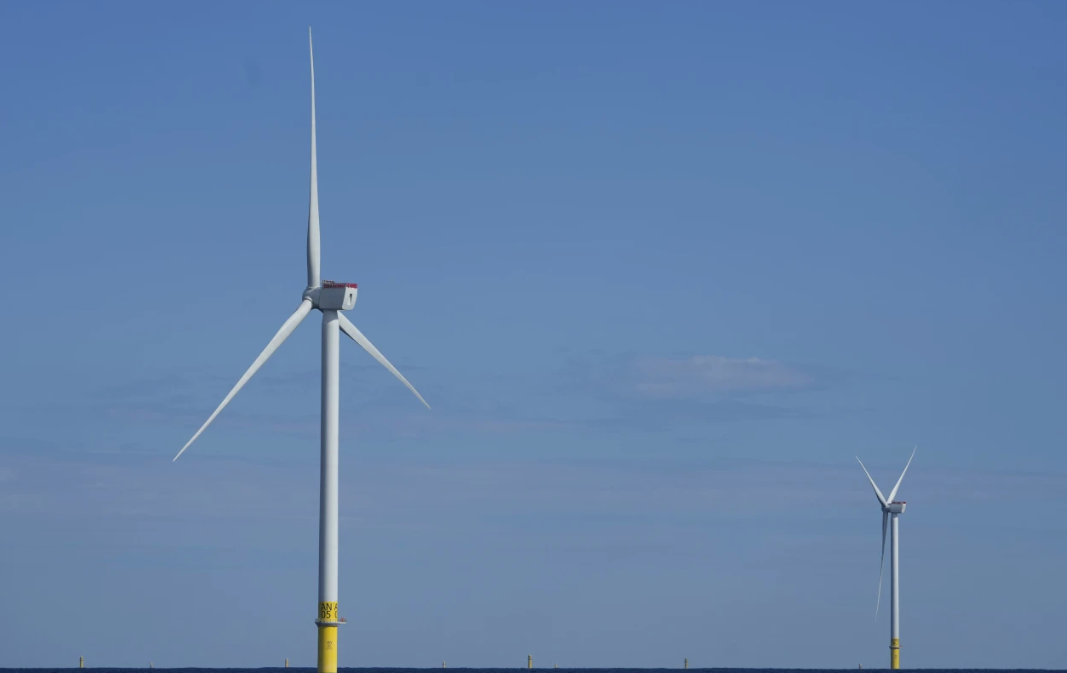Several of the world’s largest shipping nations reached an agreement on Friday to implement a minimum fee of $100 for every ton of greenhouse gases emitted by ships exceeding certain thresholds. This represents the first global tax on greenhouse gas emissions in the shipping industry. The revenue generated from this fee, estimated at approximately $10 billion annually, will be directed into the International Maritime Organization’s (IMO) net zero fund. This fund will be used to invest in cleaner fuels and technologies to help transition to environmentally friendly shipping.
The thresholds for emissions set in the agreement will become more stringent over time, aiming to help the industry meet the IMO’s goal of achieving net-zero emissions by around 2050. However, the agreement, which notably excludes the United States, will come into effect in 2027. Alongside this, the IMO also introduced a new marine fuel standard that will gradually phase in cleaner fuels.
Shipping emissions, which have risen over the last decade to account for about 3% of global emissions, are a result of larger vessels delivering more cargo per trip and using vast amounts of fuel. IMO Secretary-General Arsenio Dominguez highlighted the consensus achieved in the face of difficult challenges related to climate change and the modernization of shipping.
While some environmentalists praised the decision as historic, they also expressed concerns that the measures might not be enough to drive substantial emission reductions. Emma Fenton, senior director for climate diplomacy at Opportunity Green, a U.K.-based climate nonprofit, argued that the fee could create a situation where ships simply pay to pollute rather than actively reduce their emissions, such as by switching to cleaner fuels. She said that while the agreement marks a significant step, it falls short of the ambition required to combat the climate crisis and could fail to support developing countries in transitioning to greener shipping.
On the other hand, groups like the Environmental Defense Fund welcomed the agreement, emphasizing that it represents an important move toward reducing shipping’s climate impact. Natacha Stamatiou from the Environmental Defense Fund stressed that the next step would be for member states to strengthen the fuel standard over time to encourage the industry’s adoption of zero-emission and near-zero-emission fuels, ensuring an equitable transition.
Additionally, delegates approved a proposal to establish an emissions control area in the North-East Atlantic Ocean, which will impose stricter fuel and engine controls on ships operating in the area. This will affect vessels traveling through or near ports in the United Kingdom, Greenland, France, and the Faroe Islands, as well as ships coming from North America, Asia, and other regions.
The Marine Environment Protection Committee, part of the IMO, concluded its meetings in London, finalizing these decisions. One key point of contention during the discussions was how the emissions fee should be structured. More than 60 countries, led by Pacific island nations threatened by climate change, advocated for a straightforward tax on emissions per metric ton. Meanwhile, countries with large maritime fleets, such as China, Brazil, Saudi Arabia, and South Africa, preferred a credit trading model. A compromise was reached between these two approaches, though the fee is not a universal tax on all emissions.
Brazil’s negotiator noted that while the agreement might not be perfect, it represents a balanced compromise, considering each nation’s unique perspective on addressing climate change in the current geopolitical landscape.
The United States, which chose not to participate in the negotiations in London, opposed the proposed emission measures, arguing that they could burden the shipping industry and lead to inflation. The previous U.S. administration had also threatened to impose reciprocal measures if any fees were implemented.















